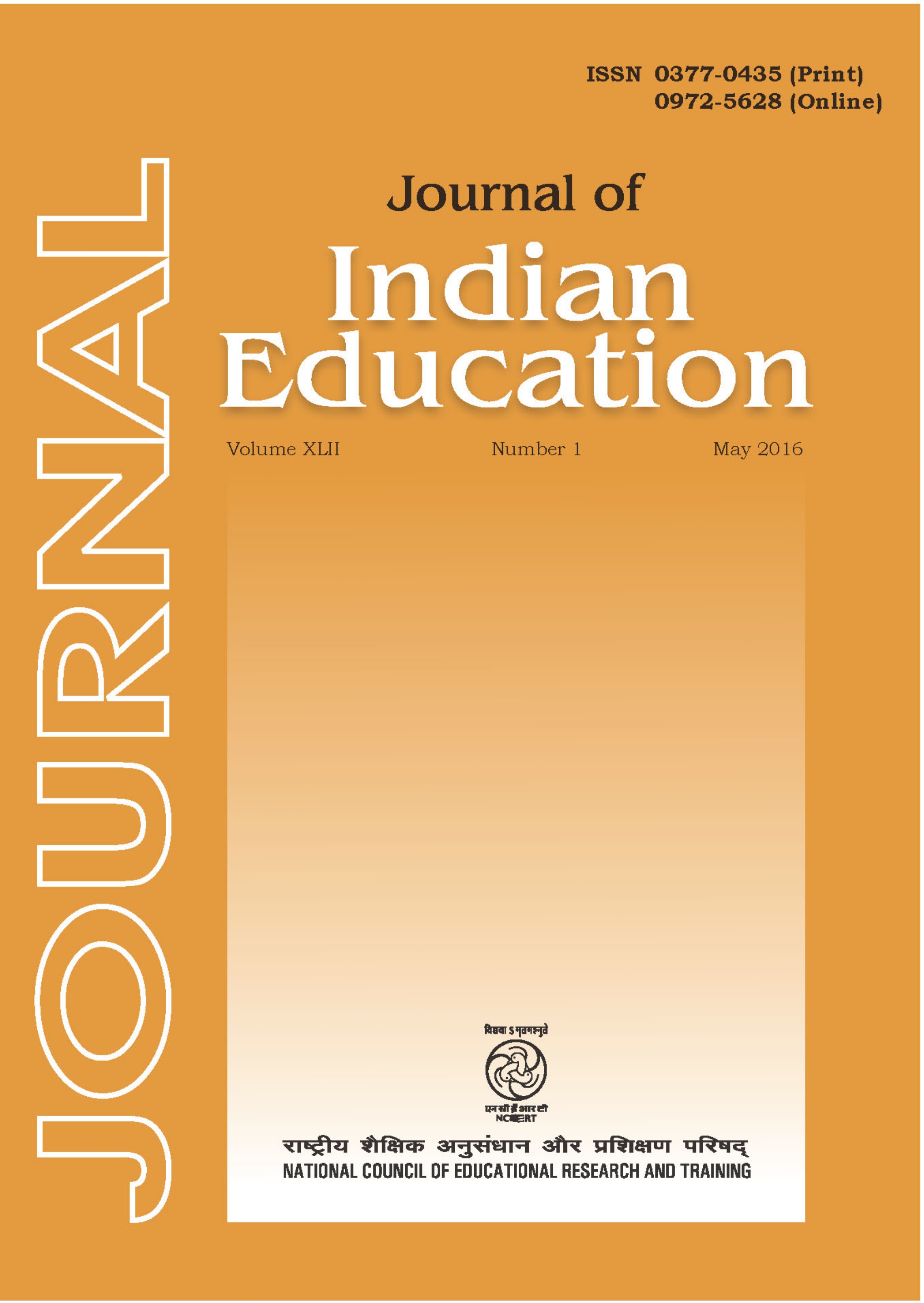Published 2024-12-13
Keywords
- Primary Education,
- Education Policy
How to Cite
Abstract
This article is based on research conducted in thirty schools of Gurgaon district, Haryana in 2014. The objectives of the study was to understand the opinions of parents, children as well as teachers including head teachers of primary schools who have been a part of the scheme implementation over a long period of time. There have been a good number of research studies on different dimensions of the Mid Day Meal (MDM) scheme such as infrastructure, health and hygiene, teacher time on task, central kitchens, etc. However, it is also important to implement scheme at the grassroots level and provide a chance to the people who are directly affected by it to raise their voice and affect the implementation at the school level. It realised during the study that parents are aware of what is served in the MDM scheme and they also estimate the nutritive value of the MDM food. By talking to their own children and other children in the neighbourhood they understand what items are liked and what are not liked by children served under MDM. This paper would shed light on their perceptions on significant issues related to MDM implementation. It has been found through a number of research studies that school meal programme has a positive influence on enrolment and attendance. But the common perceptions regarding quality of food and effect of MDM on teaching-learning time needs to be explored at the micro level. Such micro level qualitative analysis can hint at crucial factors which, if considered, can add to the quality of implementation and better achievement of objectives of the scheme.

